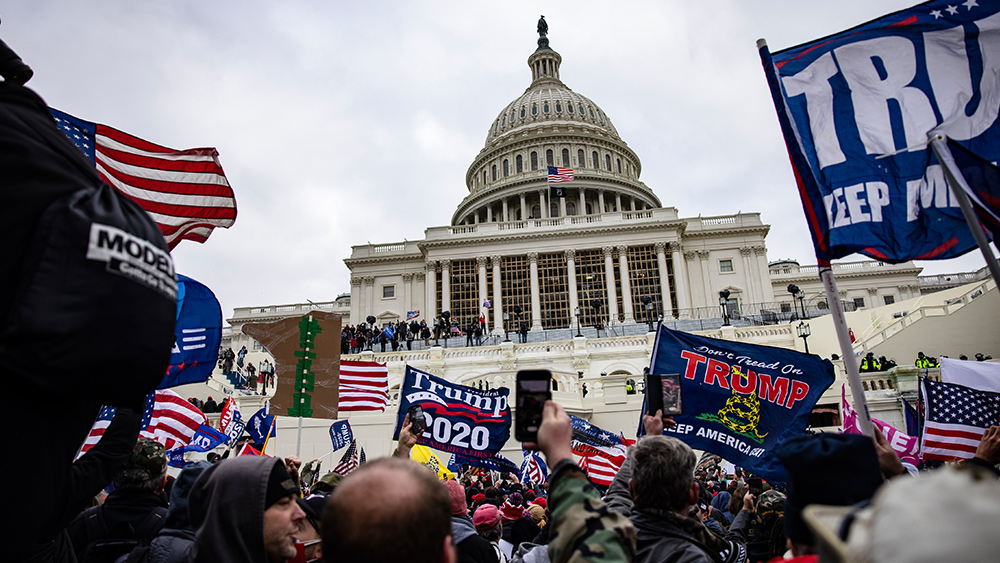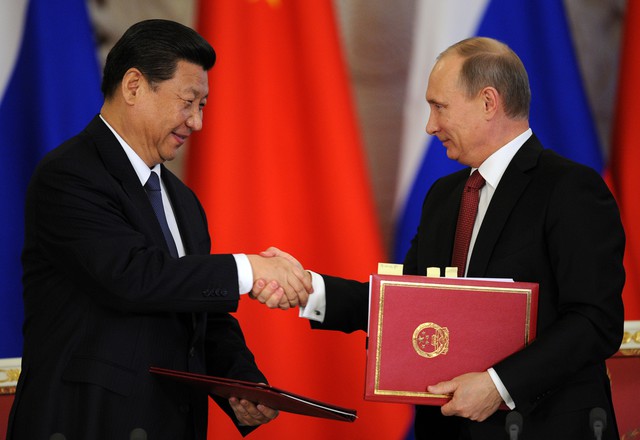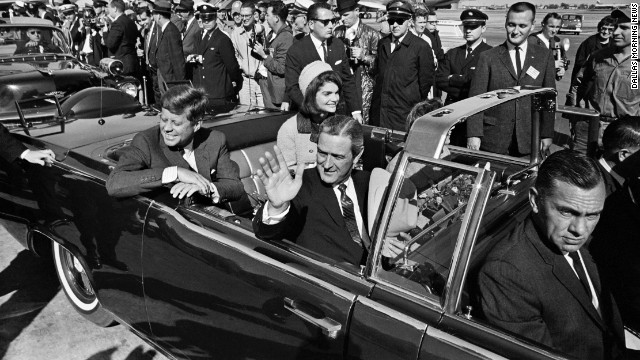 Parler
Parler Gab
Gab
The "trial penalty" option has fully corrupted the American justice system
Plea deals are nothing new in the American justice system, but they are, in all reality, a miscarriage of justice. And in this case, Tarrio's life is basically over because of it – though he could have gotten as many as 33 years in prison had he gone to trial and lost. "[Prosecutors] got a really long sentence by asking for something really absurd," commented C.J. Ciaramella on "Reason Roundtable" about how prosecutors used the 33-year prison sentence threat to get Tarrio to agree to 22 years instead. "In cases where January 6 defendants did plead guilty, expressed remorse, the judges were much more likely to go easy on them." In defense of the trial penalty option, many prosecutors argue that it helps to clear out an otherwise clogged system full of cases that are backlogged for many years. On the other hand, trial penalty perverts true justice and turns the entire justice system into bargaining table like at a casino. "The problem with this system is that it gives us a cockeyed view of 'justice,'" Moran says. "In fact, it disconnects the idea of 'justice' from the criminal court system. In Tarrio's case, the prosecutors asked for 33 years. Does that mean that justice wasn't served because Tarrio 'only' got 22 years?" According to the American Bar Association, average sentences for federal felony convictions are seven years longer for defendants who go to trial compared to defendants who accept a plea deal. To further coerce defendants into accepting a plea deal, some prosecutors will tack on as many additional charges as possible, many of them completely bogus, as a scare tactic. "The end result is that those convicted at trial go to prison for longer than even prosecutors think is necessary," Reason reports about the matter. Following Tarrio's sentencing, FBI Director Christopher Wray celebrated, stating that the disturbing outcome "demonstrates that those who attempted to undermine the workings of American democracy will be held criminally accountable." In today's America, up is down, black is white, and injustice has become "justice." Learn more at Chaos.news. Sources for this article include: PJMedia.com NaturalNews.comChina to build massive logistics hub in Russian Far East
By Arsenio Toledo // Share
Single-bullet official narrative of JFK assassination called into doubt by witnesses
By Cassie B. // Share
iPhone sales in France halted over radiation concerns
By Belle Carter // Share
Governments continue to obscure COVID-19 vaccine data amid rising concerns over excess deaths
By patricklewis // Share
Tech giant Microsoft backs EXTINCTION with its support of carbon capture programs
By ramontomeydw // Share
Germany to resume arms exports to Israel despite repeated ceasefire violations
By isabelle // Share










